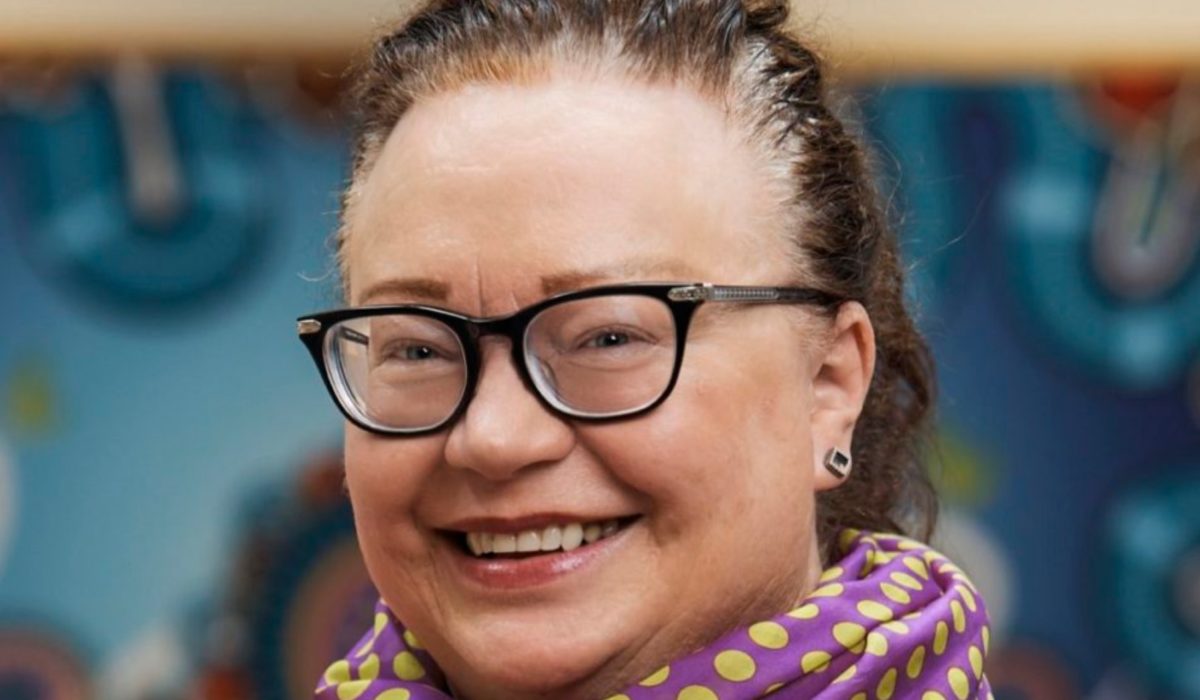Lin Hatfield Dodds has spent her working life focused on people and communities who are vulnerable or disadvantaged, most recently leading over 1,500 staff as CEO of The Benevolent Society, Australia’s oldest charitable organisation dedicated to meeting the needs of vulnerable groups in society.
She was previously National Director of UnitingCare Australia for 15 years.
In the lead-up to her keynote presentation at the 2023 Not-For-Profit People Conference, Lin spoke with us about her leadership journey and how she faces and overcomes challenges as the CEO of Australia’s oldest charity.
What was the first role in your career where you felt like you were a leader?
I think that would be when I became National Director at UnitingCare Australia in 2002.
I walked into a national network of social, employment, and health NGOs owned by the one entity (the Uniting Church), but operating independently and sometimes competitively.
It took six years and a lot of hard work including by many of the CEOs for a collective commitment to ‘better together’. Once we harnessed the collective legitimacy of the $3.8B UnitingCare network, we were able to innovate nationally across program design and service delivery.
By leveraging our collective size, scale and relationships, we were also able to have a significant impact on public policy.
What advice would you give your younger self in that first leadership role?
First: your instincts are right: unifying a network will take so much longer than you think it will.
Second: very little that’s complex and that matters is quick or easy to reform.
Third: connecting, listening carefully, building trust and relationships are essential, but goodwill can only get you so far. You need to be able to demonstrate the value and impact of the new, and deliver as you go. Developing and implementing a shared vision with partners takes time and much iteration.
And finally: game changing leadership requires clarity, optimism, tenacity and persistence.
What skill do you think has been most important to your success as a leader in the NFP sector?
Two skills. One is my ability to walk into chaos or complexity and see a line through. Clarity of my personal identity and purpose is essential, as is having a strategic organisational view.
The other is my ability to connect and inspire people. That’s about valuing what each person brings to the table. A team is much more creative and effective than any individual.
You’ve had a long and storied career. What are the biggest leadership challenges for you at this stage of your career?
My biggest leadership challenge in my 50s is to turn up to each issue and each challenge as if it’s new.
A leadership killer is to fall back on experience and think, “I’ve seen this before, we just need to do XYZ”.
Bringing curiosity and a healthy dose of humility to each call on your judgement enables you to continue to learn and grow, and to find creative solutions.
When you recruit new team members, what’s the most important quality you look for?
Integrity.
The Benevolent Society’s vision is “A just society where all Australians can live their best life.” With climate change, a pandemic, war, and growing inequality, how do you stay positive and create optimism for the people who you lead that the organisation is progressing towards that vision?
I’m a naturally positive and optimistic person. When I run into brick walls, or am exhausted, I replenish my optimism by tapping into the support and wisdom of my family, friends and colleagues and by bringing creativity and play to work.
In difficult or challenging situations, it’s important to work as a team from first principles to find a path through to a good outcome. Effective leadership requires clarity, optimism, persistence and tenacity.
When I asked my colleagues whether and how I create optimism for those I lead, they said that I create a safe and empowering culture; inspire and push those around me; connect the right people in the right context at the right time; make complex systems simple to navigate; and expect us to be a learning organisation and ask my teams to ‘fail fast’ – creating space for them to try, test and learn.
Thanks so much for speaking with us Lin!
Want to ask Lin about the leadership questions that are challenging your organisation? Ask her in person at the 2023 Not-For-Profit People Conference on 20 and 21 February, where she’ll be opening the conference with a keynote outlining her key lessons for leaders.
Related Posts
- Five valuable things we learned at the 2018 Not-For-Profit People Conference
- Four take-aways from the 2015 Not-For-Profit People Conference you can apply to your organisation today
- 6 steps to improve your staff training – and increase staff retention too
- Breaking the mould – women in leadership with Senator Janet Rice



